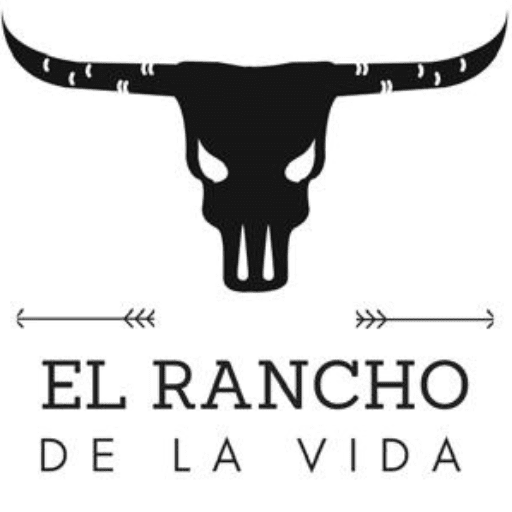From Livin’ La Vida Loca to Recovering at El Rancho de la Vida
Many of us have heard the saying “it takes a village to raise a child.” It also takes a village to support and encourage someone who is on the early path to recovery from alcohol and other substances. This idea is the essence of El Rancho de la Vida, one of Maine’s Recovery Residences.
Co-Founder and Executive Director Jamie Lebish had a vision which has become the guiding philosophy at the residence. That vision was to offer a peaceful one-stop alternative for people in early recovery needing a safe, non-judgmental place where they recover from substance use disorder. “We believe that every individual is a human being, who has dignity and value, and whose success in recovery is best achieved by treating the whole person,” said Lebish.
El Rancho de la Vida, located in Somerset County, is Maine’s first co-ed recovery residence. It is also the only residence in the state to earn a Maine Association of Recovery Residences (MARR) Level IV Certification. This certification is reserved for those residences that have a clinical staff and a state-issued license for residential treatment. “We worked hard for that certification,” Lebish said. “It involved many steps and a good bit of time to earn.”
Another distinguishing characteristic that makes El Rancho unique is having couples live in the same bedroom at the residence when space allows. “In fact, our Program Manager, Carrie Stackpole and her husband were here together in recovery,” said Lebish. There are four bedrooms in the house with two beds in three rooms and three beds in the fourth bedroom. One room must be available to accommodate a couple.

Left to right: Jamie Lebish, Executive Director/Founder; Katherine Caldwell, Director of Operations at El Rancho de la Vida; Carrie Stackpole, CADC, Program Manager at El Rancho de la Vida
As part of the holistic approach, El Rancho provides training in life skills that will help prepare the client in moving forward after treatment. This includes educational assistance and opportunities, all located on-campus or nearby, which helps bridge transportation gaps that may exist. Opportunities range from GED prep to accessing classes at Kennebec Valley Community College. Another useful skill for productive living is financial literacy, which is also covered at the ranch.
It is equally important to afford residents opportunities for social interaction. Residents at El Rancho have something to do together each evening during their six-month stay, including cooking classes, Forest and Nature therapy, and other activities volunteers arrange. They have a house meeting and dinner weekly.
El Rancho is located on the Good Will-Hinckley campus of over 600 acres in Fairfield, Maine. “Our residents are close to a general store, a post office and there is a Community College on campus, which a number of our residents have attended during their stay,” said co-founder Kathy Anderson-Caldwell.
Both co-founders are passionate about their aspirations and hopes for growth and expansion, mainly due to their personal substance use stories. “I had nowhere lower to go, I had lost my family, my home, my job,” said Lebish. “I was living in a refrigerator box in Seattle.” He is now in recovery for 24 years. Anderson-Caldwell was an ally for a close family member with substance use disorder.
Their passion has fueled the desire to expand and to provide a holistic and one stop recovery hub. They have already expanded by opening the Shiller House, a substance-free home for those who have completed the six-month recovery program and then need a place to live.
Both Lebish and Anderson-Caldwell recognize that for many there is no available housing. “Often by the time you reach this stage in recovery, you don’t necessarily have a job to go to, you’ve often alienated your family, you might not have money for first/last month deposits,” said Lebish. Residents at the Shiller Ranch are free to stay as long as they are paying their rent and contributing to house chores.
The primary house rule is maintaining a substance free environment. If any resident violates the substance free policy, they are evicted. To date there have been no violations. “We know once they leave us, they are going to be exposed to all kinds of temptations. And we know it takes quite a while to feel comfortable with being out of the protected environment,” said Lebish. “If you really, really want to stay sober you will. So far there have been no relapses.”
Down the road, the two leaders hope to add a Residential detox (ASAM level 3) program and a Residential treatment center (ASAM level 3). While there is no shortage of determination, commitment and passion, these goals come with a cost. “We need funding. I would open as many houses as possible if we had the funding,” said Lebish. El Rancho de la Vida is a non-profit model by design. “I don’t want to make a profit from human suffering.”



